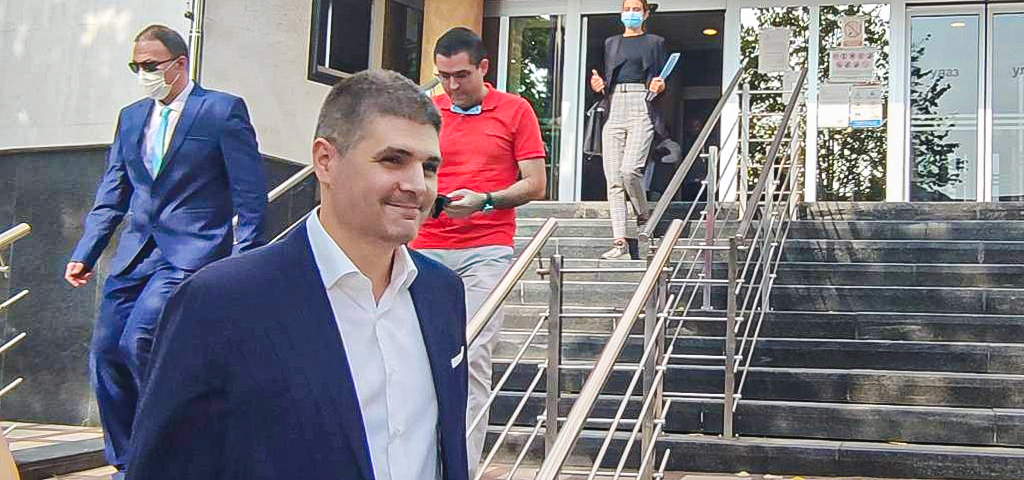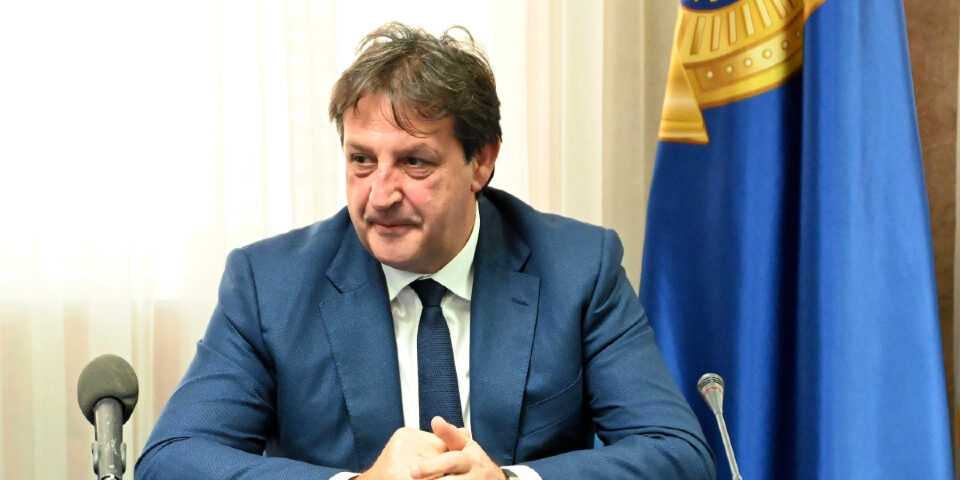Corruption Vs Laundering
Corruption Vs Laundering

Stelios Orphanides
By Stelios Orphanides
When it comes to corruption, perceptions can sometime vary from country to country. It became obvious to me when I was reporting last year working for the Cyprus Mail. I was looking at information about Transparency International cancelling its cooperation with its Cyprus chapter. The more I talked to some stakeholders, the more stunned I became. Corruption, I was told, and money laundering were two separate things. And this was the reason for the divorce. What surprised me most however, was that one of the principals of the Cypriot anti-corruption NGO happened to be the head of compliance department at one of the island’s largest banks. His duty was to identify customers who benefited from corrupt practices and sought to launder their dirty funds through the bank he was otherwise trying to keep clean. So how can getting a bribe corrupt but legalising it not? That question was left unanswered.
Yet, having a closer look to Cyprus’s recent history, one should not be surprised that what is considered an offence elsewhere, there it can be considered a legitimate practice.
The island is currently divided in a Greek south, whose government is internationally recognised, and a Turkish north, which is only recognised by Turkey, which invaded the island in 1974 in response to a Greek inspired coup. The invasion had a serious impact on the island whose economy was until then primarily agrarian, as about one third of its population was forcefully displaced. Many of the displaced Greek Cypriots in the south after the war, were farmers without land and unemployment jumped into the double-digit. As the division dragged on, the authorities came up in 1977 with the idea of encouraging the offshore sector in an attempt to attract foreign investment. Part of this plan was the introduction of 4.25% corporate tax rate for offshore companies based on the island.
The civil war in Lebanon gave a serious boost to Cyprus’s offshore sector as a large number of entrepreneurs from the neighbour country relocated their operations to the island. Yet, when that source of investment dried out in the early 1990s, the collapse of the Eastern block and in particular the civil war in Yugoslavia gave the Cypriot offshore sector another boost[3].
A combination of factors, including the lack of an anti-money laundering framework, the low offshore tax regime and the large number of double taxation treaties offered business opportunities to eastern Europeans who sought to exploit opportunities at home, including many Yugoslav businesspeople and the regime of Slobodan Milosevic, seeking to bypass UN sanctions and launder illicit funds in the island’s banking system. This led to the creation thousands of companies on the island which entered in 1999 accession negotiations with the European Union.
As part of the harmonisation with the EU, Cyprus had to ditch its offshore tax rate and as a result introduced a 10% corporate tax rate for domestic and foreign-owned companies alike. Yet, this did little to scare off foreign companies. On the contrary, the politically motivated breakup of Yukos and confiscation of its assets, showed that Cyprus, which became a member of the EU in 2004 and adopted the euro four years later, had everything Eastern European and in particular Russian businesspeople valued: legal security and a financial services sector that didn’t ask much questions.
In recent years, big progress was made in the area of anti-money laundering, especially following the 2013 financial crisis when Cyprus also had to overhaul its anti-money laundering practices as part of the bailout agreement. Which was by the way, the first case during the entire euro crisis in which euro area members refused to bail out a country’s banks citing its money laundering record. Yet, the asset stripping of Minel Transformatori after its privatisation more than ten years ago, proves that Cyprus has a lot of ground to cover first in understanding what corruption is and then protect the taxpayers of other countries from it. After all, fair is fair.



